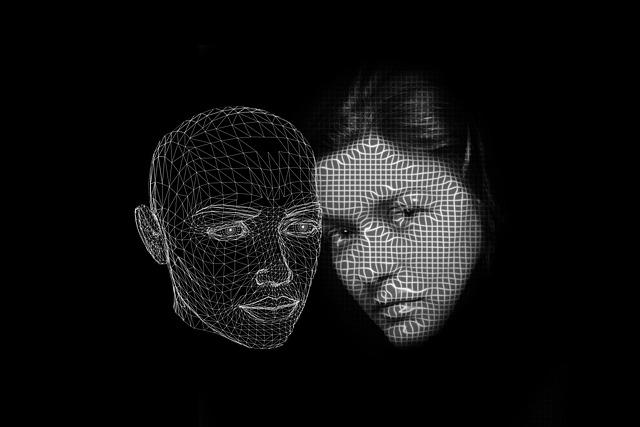Explore the World's Best Ideas
Join today and uncover 100+ curated journeys from 50+ topics. Unlock access to our mobile app with extensive features.
Key aspects of the psychology of personality
1. Trait Theories
2. Psychodynamic Theories
3. Behavioral Theories
4. Humanistic Theories
5. Cognitive Theories
6. Trait vs. State
7. Assessment
8. Development
9. Individual Differences
120
2.09K reads
1. Trait Theories
Trait theories of personality focus on identifying and measuring consistent patterns of behavior, emotion, and thought. Traits are stable characteristics that influence behavior across different situations, such as extraversion, agreeableness, conscientiousness, neuroticism, and openness to experience.
97
1.43K reads
2. Psychodynamic Theories
Psychodynamic theories, popularized by Sigmund Freud, emphasize the role of unconscious processes and early childhood experiences in shaping personality. According to Freud, personality is composed of three parts: the id, ego, and superego, which interact to produce behavior.
94
1.12K reads
3. Behavioral Theories
Behavioral theories of personality emphasize the influence of learning and environmental factors on personality development. These theories focus on observable behaviors and how they are shaped by reinforcement, punishment, and social learning processes.
92
1.02K reads
4. Humanistic Theories
Humanistic theories of personality, such as those proposed by Carl Rogers and Abraham Maslow, emphasize the inherent goodness and potential for growth in individuals. These theories focus on self-actualization, personal growth, and the pursuit of fulfillment and meaning in life.
91
928 reads
5. Cognitive Theories
Cognitive theories of personality focus on the role of cognitive processes, such as perception, memory, and problem-solving, in shaping personality. These theories emphasize how individuals interpret and make sense of their experiences, which in turn influences their behavior and personality.
86
797 reads
6. Trait vs. State
Personality traits are relatively stable characteristics that endure over time, while states refer to temporary fluctuations in behavior, emotion, and cognition in response to situational factors.
86
785 reads
7. Assessment
Personality assessment involves the measurement and evaluation of personality traits, characteristics, and behaviors. Common methods of assessment include self-report questionnaires, behavioral observations, and projective techniques.
88
722 reads
8. Development
Personality development is influenced by a combination of genetic, biological, psychological, and environmental factors. It unfolds over the lifespan, with key developmental stages and transitions shaping individuals' personalities.
86
683 reads
9. Individual Differences
People vary widely in their personalities, with differences observed in traits, preferences, values, and motivations. Understanding individual differences in personality can help explain differences in behavior and adaptation to different life circumstances.
86
700 reads
IDEAS CURATED BY
ˢᵉˡᶠ-ᵈⁱˢᶜᵒᵛᵉʳʸ φ 𝚙𝚑𝚒𝚕𝚘𝚜𝚘𝚙𝚑𝚢 | ⚖ 𝒑𝒔𝒚𝒄𝒉𝒐𝒍𝒐𝒈𝒚 𝚿 | ѕριяιтυαℓιту 𖦹 + 𝕹𝖚𝖒𝖊𝖗𝖔𝖑𝖔𝖌𝖞 🌟💫✨𝓗𝓸𝓵𝓵𝓸𝔀 𝓓𝓮𝓯 ✨💫🌟 Thinker | Seeker | Dreamer | Learner
CURATOR'S NOTE
The psychology of personality is a field of study that explores the patterns of thoughts, feelings, and behaviors that make each person unique.
“
Similar ideas
5 ideas
The Psychology of Money
Morgan Housel
8 ideas
The Psychology of Money
Morgan Housel
14 ideas
The Psychology of Money
Morgan Housel
Read & Learn
20x Faster
without
deepstash
with
deepstash
with
deepstash
Personalized microlearning
—
100+ Learning Journeys
—
Access to 200,000+ ideas
—
Access to the mobile app
—
Unlimited idea saving
—
—
Unlimited history
—
—
Unlimited listening to ideas
—
—
Downloading & offline access
—
—
Supercharge your mind with one idea per day
Enter your email and spend 1 minute every day to learn something new.
I agree to receive email updates

